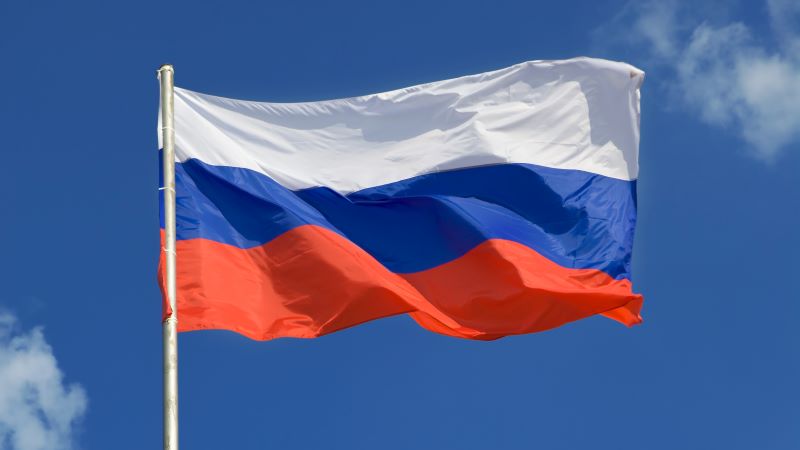Russia’s continued invasion of Ukraine will pose significant challenges for the airline industry, which is already reeling from the effects of Covid-19, as countries and brands worldwide respond with sanctions.
Countries have blocked Russian flights from their airspace
Russia’s invasion of Ukraine is already having a huge impact on air travel. As a consequence of Moscow’s aggression against Ukraine, Russia has found itself almost entirely cut off from European airspace, as the EU has banned Russian flights and aircraft from its airspace. The UK, Switzerland, Canada, and the US have followed suit. The restrictions on flights will require Russian airlines to take indirect flight paths. Already, an Aeroflot flight destined for Canada was forced to operate an eight-hour “flight to nowhere”, after Canada banned Russian planes from its airspace.
The immediate impact is on travellers going to and from Russia. However, Russia has retaliated by closing its airspace to more than 30 countries, all but blocking some routes to Asia for some carriers, or forcing costly detours. The sanctions have also sparked flight cancellations, just as international air travel is beginning to return following the Covid-19 pandemic. Covid-19 induced financial woes and weakened spending aside, the airline industry is still recovering from other profound effects such as irrevocably changed consumer behaviour, and higher operational costs due to more stringent health and safety measures. The Russo-Ukrainian conflict will only exacerbate challenges the airline industry is already facing.
Need to circumnavigate Russian airspace presents additional challenges
While there are fewer passenger flights between Europe and Asia, as many countries, such as China and Japan, remain mostly closed to foreign visitors, the impact is still substantial. For example, flights from London to Asia now fly much further south to avoid Russian airspace. A flight from Frankfurt to Beijing would need to add approximately 700 nautical miles (nearly 1,300 km) to avoid Russia’s airspace, while the flight path from Helsinki to Tokyo would be over 2,000 (3,700 km) nautical miles longer, according to a report from Euronews.
Airspace closures are forcing carriers to revise routes, resulting in longer journeys, which use significantly more fuel and cost more for the airlines to operate, at a time when Moscow’s invasion of Ukraine has pushed oil prices higher, and the climate can ill afford the extra pollution. How long airlines can absorb extra costs before passing it onto consumers is still a big unknown, however, if the conflict continues travellers are likely to face higher prices. As per a GlobalData Consumer Survey, consumers are already concerned about their financial situation, with 85% of global respondents indicating that they are either ‘extremely’, ‘quite’ or ‘slightly’ concerned. Rising costs will likely exacerbate concern and further deter travel recovery.
See Also:
Share prices tumble
With airspace closures and airlines cancelling flights, stock markets have also reacted. Share prices of Russia’s flag carrier and the country’s largest airline, Aeroflot, plunged by 27.9% on February 24, according to Investing.com. Meanwhile, airline group IAG, which owns British Airways, fell by 7.7%. European carriers fared slightly better as Lufthansa’s shares dropped 6.9%, and KLM declined 6.6%. Just as the effects of Covid-19 appeared to be subsiding, Russia’s invasion of Ukraine is adding to a complex set of issues, driving volatility and uncertainty. While all hope that the conflict in Ukraine will end peacefully and quickly, airlines and travellers alike will continue to face a disruption until then.
How well do you really know your competitors?
Access the most comprehensive Company Profiles on the market, powered by GlobalData. Save hours of research. Gain competitive edge.

Thank you!
Your download email will arrive shortly
Not ready to buy yet? Download a free sample
We are confident about the unique quality of our Company Profiles. However, we want you to make the most beneficial decision for your business, so we offer a free sample that you can download by submitting the below form
By GlobalData









Related Company Profiles
Aeroflot OAO
British Airways Plc